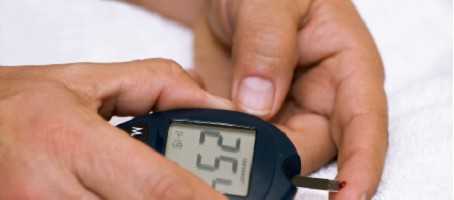Research carried out on people that take insulin and have nocturnal hypoglycemia show that 76% express worry over the hypos and 19% of these report that they cause sleep disturbance or insomnia.
Nocturnal hypoglycemia is defined as a low blood glucose level (under 4.0 mmol/l) that occurs during the hours of sleep. Night time hypos can be frightening for people with diabetes and previous research has also shown that nocturnal hypos can negatively impact upon quality of sleep.
The research was conducted by medical market research company Aequus Research Ltd and involved 1,107 patients from seven different countries, including the UK, with either type 1 diabetes or type 2 diabetes. The study participants were over 18 years old, treated with insulin and had to have experienced a nocturnal hypo within the past month.
The study, which is called The World Awake study, has been funded by Danish pharmaceutical firm Novo Nordisk and is supported by the International Diabetes Federation (IDF).
Novo Nordisk has recently launched a new long acting insulin, Tresiba, which has shown promise in reducing instances of nocturnal hypoglycemia. Tresiba, also known as insulin degludec, has been approved for use, by people with type 1 diabetes or type 2 diabetes, within the UK and Denmark but is currently awaiting approval from the FDA for use in the United States.
What's new on the forum? ⭐️
Get our free newsletters
Stay up to date with the latest news, research and breakthroughs.





